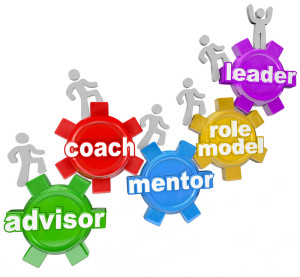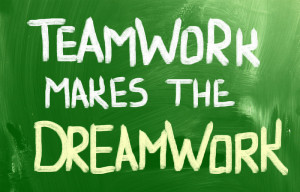It may be easy to feel discouraged at times – by challenges at work or at home, or the current political scene, or the conflicts in the world. But I like to be an optimist and maintain a positive attitude finding ways to “be the change”.
to “be the change”.
Here are a few things in the past several days that have given me hope:
I listened to and watched several sessions at the Becker’s Healthcare 14th Annual Meeting Virtual Event this week. I love hearing healthcare leaders talk about why they got into healthcare, share the missions of their organizations to care for their patients and improve their communities, and describe the tangible outcomes of their continued efforts in these challenging times. It reinforces my passion for healthcare and why I have spent my entire career in this industry.
Last Friday, my husband and I went to a volunteer fair in my community. I was both surprised and encouraged when we pulled in and saw a full parking lot. I had no idea so many people would be looking for ways to help others through volunteer work. There were approximately 25 organizations with exhibits educating us about their services and describing the many volunteer opportunities. They included the local community hospital, Habitat for Humanity, homeless coalition, climate change, sustainability, the local art center, and much more.
We got home that afternoon just in time for a Volunteer Blue virtual call I had registered for. Volunteer Blue is a coalition of 24 grassroots organizations focused on electing Democrats. American historian, Heather Cox Richardson, was the guest speaker. She writes a daily newsletter, “Letters from an American”, on the history behind today’s politics. (My daily morning routine is to make a cup of coffee and read her newsletter before I do anything else – yes, even before checking email!) Her 2023 book, “Democracy Awakening: Notes on the State of America” is a New York Times bestseller. After Heather’s comments, the organizers shared data on the key races in 2024. Finally, there were breakout groups organized by the many different ways to get involved. About 1,000 people were on the call and ready to commit time to help elect Democrats up and down the ballot in 2024.
If you know me at all, you won’t be surprised that I’m sharing these examples of what motivates and inspires me. This is me from a young age. My first part-time job during high school was working as a nurse aid in a nearby nursing home. In the summers, I did volunteer work with my church youth group. And I was volunteering for progressive Democrat candidates from the time I could vote.
I truly believe you have to live (and vote) your values!
Related Posts:









